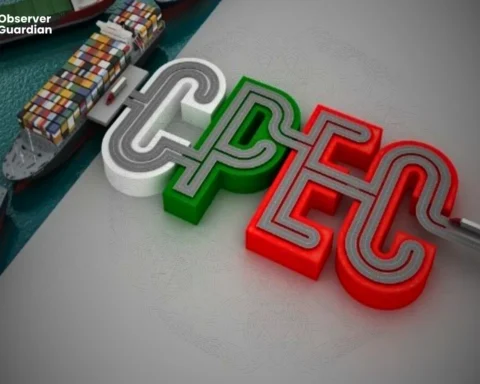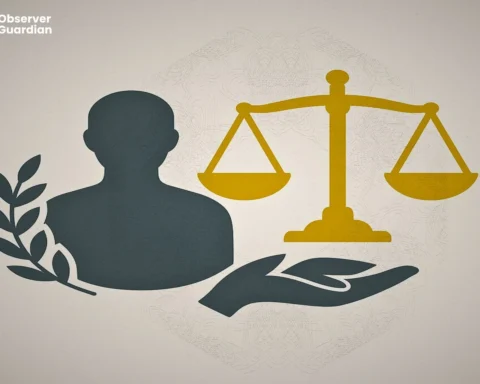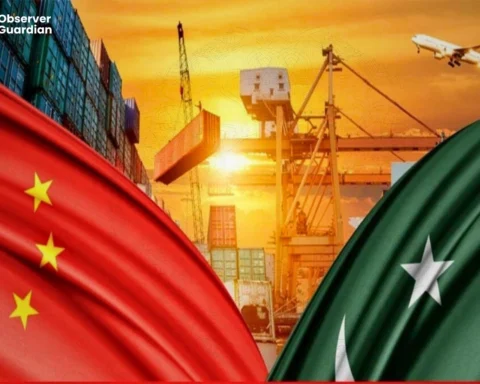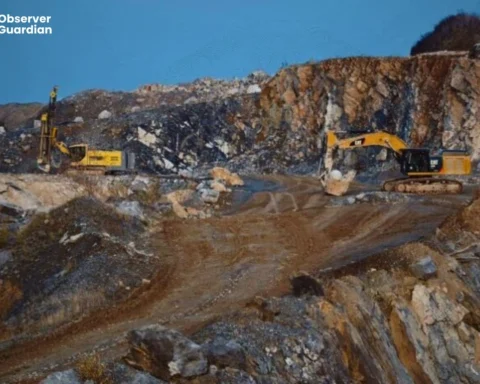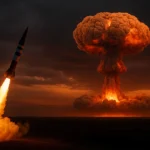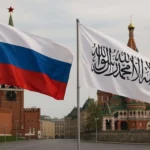In a swiftly escalating geopolitical context, Pakistan has categorically denounced Israel’s recent decision to amplify its military actions in Gaza, a strategy that now encompasses the coercive occupation of Palestinian land. This deliberate escalation of violence, authorized by Israel’s security cabinet, signifies a serious turning point in the protracted Israeli-Palestinian conflict. The suggested “capture” and subsequent retention of Gaza territory constitute both a strategic tactic and a blatant violation of international law and human dignity norms. Pakistan has expressed strong objection to what it deems an act of colonialism disguised as security measures.
The Pakistani government has reaffirmed its enduring stance that no occupation can override the inherent right of a people to independence and self-determination. Islamabad ardently asserted that the Palestinian cause is not characterized by militancy or extremism, but rather represents a profound battle for land, dignity, and freedom. By linking resistance with terrorism, Israel not only distorts historical realities but also seeks to delegitimize a national liberation movement that has endured systematic dispossession and enslavement.
Pakistan’s foreign ministry asserted that the endeavour to supplant this narrative with counter-terrorism rhetoric is, at best, hypocritical and, at worst, duplicitous.
The idea that delayed justice may be equated with attained peace is, as Pakistan observes, perilously deceptive. For more than seventy years, Palestinians have endured the consequences of unfulfilled commitments, unsuccessful negotiations, and unilateral measures aimed at undermining their assertion of sovereignty. The current action by Israel to forcibly occupy Gaza underscores a deeply rooted agenda of expansionism that aims for dominance rather than compromise. In this context, Pakistan has committed to steadfastly supporting the Palestinian people, asserting that the establishment of a free and independent Palestinian state, grounded on the pre-1967 boundaries with East Jerusalem as its capital, is essential for achieving true peace in the region.
Furthermore, Pakistan’s denunciation reflects not just a bilateral wrong but also a wider moral deficiency of the world community. Islamabad perceives the global silence about what it labels apartheid, colonization, and war crimes as tantamount to involvement in oppression. The impunity with which Israel persists in violating United Nations resolutions and humanitarian standards signifies a systemic failure in world governance.
Pakistan has urged international stakeholders, particularly those with weight in the United Nations Security Council, to transcend mere rhetoric and implement meaningful measures to prevent Israel’s encroachments.
The humanitarian toll of Israel’s military operation is significant. The unceasing bombardment of Gaza has led to thousands of civilian fatalities, including women and children, and has obliterated entire neighbourhoods. The notion that relocating families, demolishing homes, and imposing sieges could quell a population’s quest for justice is not only cruelly erroneous but also historically refuted. Rather than quelling the desire to resist, such savagery frequently strengthens it. Pakistan asserts that the indomitable spirit of the Palestinian people, cultivated over decades of endurance and suffering, cannot be subdued by military aggression or economic oppression.
Pakistan highlights the psychological and developmental impact on children in Gaza, who endure constant anxiety, stress, and hardship. These children, born into an unchosen battle, merit a future liberated from the atrocities of war, blockades, and occupation. The distressing fact that generations of Palestinians have never experienced peace highlights the pressing necessity for a thorough and equitable resolution.
Pakistan’s fervent demand for the safeguarding of Gaza’s young embodies a humanitarian call that surpasses political boundaries: every child, irrespective of location or race, is entitled to a life of safety, dignity, and hope.
Pakistan’s stance is not unprecedented. Historically, it has been one of the most prominent proponents of Palestinian rights in international forums, notably the United Nations and the Organisation of Islamic Cooperation (OIC). This recent statement reaffirms its lasting solidarity, supported by decades of diplomatic and moral backing. In light of rising violence and increasingly unilateral Israeli activities, Pakistan is now advocating for not only moral condemnation but also concrete international engagement. It advocates for penalties, the convening of emergency sessions at international forums, and the development of humanitarian corridors to safeguard people.
The characterization of this issue as a struggle between resistance and occupation, rather than a battle between two equivalent parties, is essential to Pakistan’s narrative. By highlighting asymmetry between a nuclear-armed nation with one of the world’s most advanced militaries and a stateless populace under siege, Islamabad aims to shift the global discourse towards issues of justice, accountability, and equity. The Palestinian struggle exemplifies the larger conflict against neo-colonialism and systemic injustice in contemporary society.
Lastly, Pakistan’s vehement denunciation of Israel’s Gaza occupation plan serves as a resounding appeal for a revitalized worldwide dedication to human rights and international law. It compels the international community to confront disquieting realities and to act with valour and consistency in the protection of marginalized populations. This is not only a diplomatic criticism; it is a moral condemnation of a global order that permits injustice to endure under the guise of security and geopolitics. Pakistan steadfastly supports the Palestinian cause, reminding the world that while the trajectory of history may be prolonged, it ultimately progresses towards justice. The moment to act is now, not alone for the sake of Palestine, but for the ideals that support a fair and peaceful global order.


